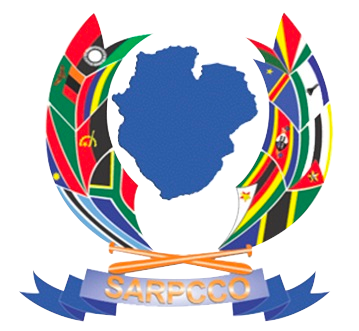Illicit Drugs
Drug trafficking affects all parts of the world as either source, transit or destination regions.
Criminal networks traffic a range of drugs including cannabis, cocaine, heroin and synthetics such as methamphetamine and fentanyl. As international borders become increasingly porous, global abuse and accessibility to drugs have become increasingly widespread.
This international trade involves growers, producers, transporters, suppliers and dealers. It affects all of our member countries, undermining political and economic stability, ruining the lives of individuals and damaging communities. The end-users and addicts are often the victims of a powerful and manipulative business.
Drug trafficking is often associated with other forms of crime, such as money laundering or corruption. Trafficking routes are used by criminal networks to transport other illicit products including firearms, uncut diamonds and live pangolins creating a convergence of crime.
As criminals devise ever-more creative ways of disguising illegal drugs for transport, law enforcement officials face challenges in detecting such concealed substances. In addition, new synthetic drugs are produced on a regular basis, so police need to be aware of new trends and products on the illicit market.
Since the types of drugs trafficked and the routes used are constantly evolving, it is essential that countries work together in a united and coordinated way. At INTERPOL, we offer a range of services including training and operational support to help law enforcement agencies around the world increase their capacity to detect and investigate drug trafficking.
